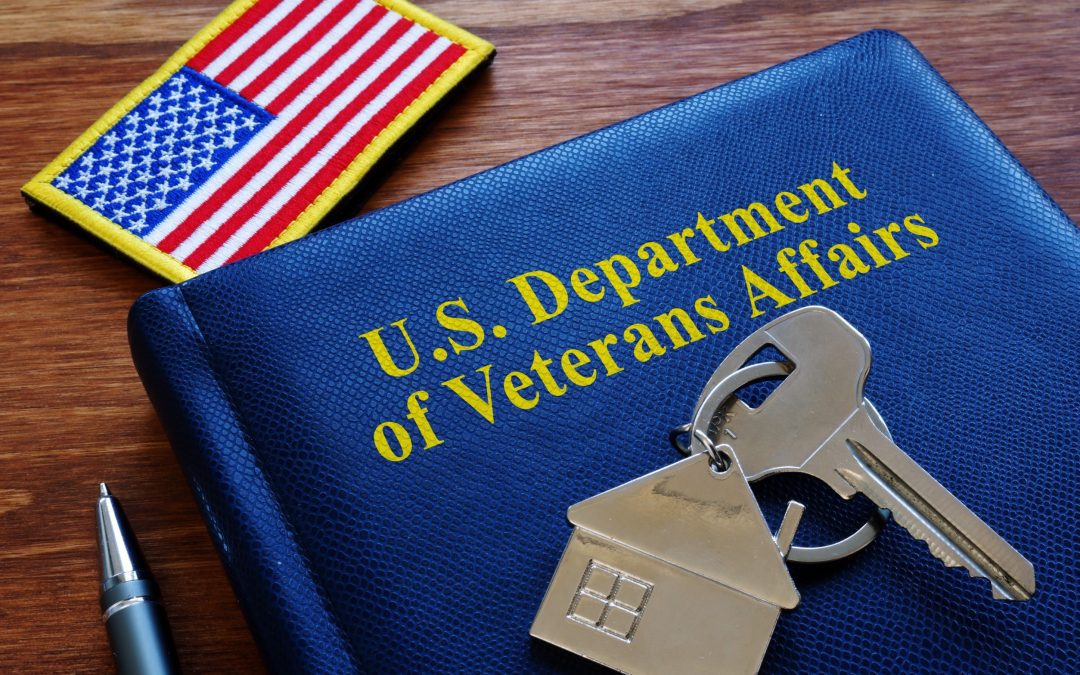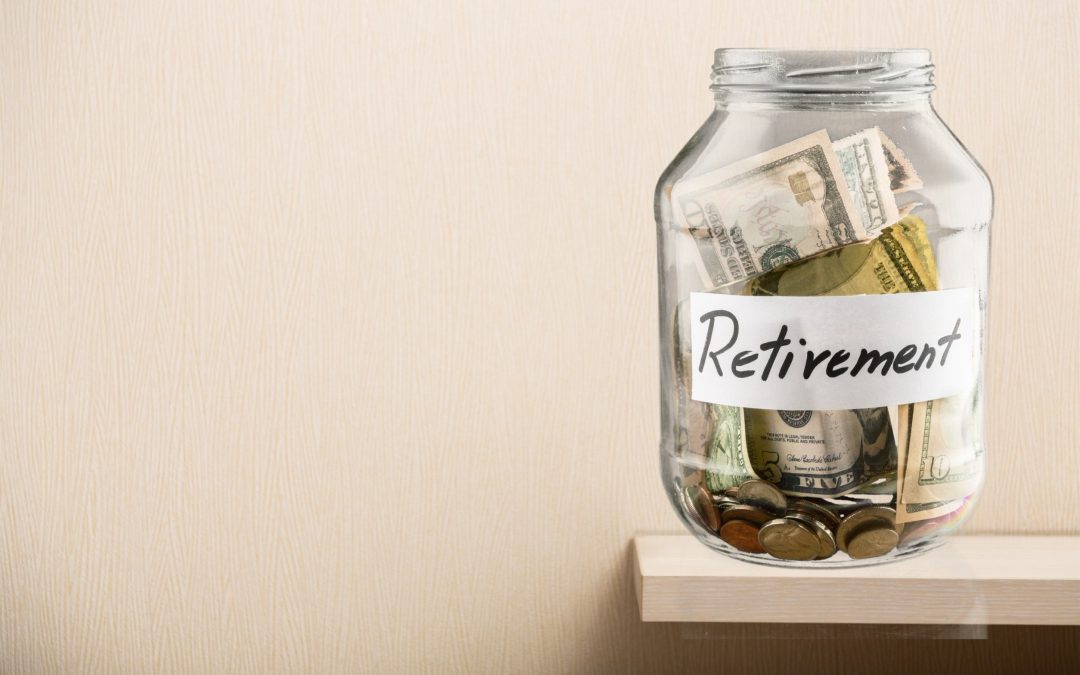This article explains and helps you understand exempt property or assets. An important aspect of filing a Chapter 7 Bankruptcy, is a professional analysis of personal assets and available exemptions. In other words, identifying exempt property.
Exempt Property or Assets
People who file for bankruptcy seek protection from their creditors for the debts they have incurred. The U.S. Constitution gives this power to the federal government, and the federal government has established U.S. Bankruptcy Courts to handle bankruptcy proceedings across the country.
Prior to an individual or couple filing for bankruptcy, it is crucial that a full and careful analysis be made of the debtor’s assets, and the Bankruptcy options available. An important aspect of this analysis is consideration of their assets and exemptions available to them. In other words, identify their exempt property.
When Congress first created Chapter 7 Bankruptcy, they also drafted a way for the Bankruptcy debtor to keep most or all of their assets; the goal being to offer a fresh start, and an ability to actually start a new financial life. Accordingly, after many changes in the exemption laws, we have the ability to keep most or all of our assets, even in a Chapter 7 Bankruptcy.


How Does Exempt Property Work?
Once again, a primary goal of a Bankruptcy is to give the Debtor a “Fresh Start”. To assist, Bankruptcy Law allows debtors to keep a certain amount of property or assets after going through bankruptcy proceedings. These are called “exempt property” – they are exempt from the bankruptcy estate. Property that cannot be exempted is, appropriately, called “non-exempt” property.
Generally, a bankruptcy debtor can exempt a certain amount of his or her property during bankruptcy. If done correctly, this can potentially save most or all of the property of someone going through bankruptcy. Here is where a skilled Bankruptcy attorney such as the law Offices of Daniel J. Guenther, can help.
Choosing which property to exempt and how to categorize it can significantly improve the chances of your keeping your assets. Bankruptcy law is concerned about getting debtors out of crushing debt and putting them back on their feet. Taking everything from them is counterproductive, and bankruptcy law recognizes this fact.
The Exempt properties, or assets, which we can keep vary from State to State. In Maryland, the State opted out of the Federal list of Exemptions and has, for the most part, created its own list of exempt property. Court rulings and general practice experience have established a general idea of what types of properties are exempt and which are non-exempt.
Often the average individual or couple who file a Chapter 7 can keep all of their assets. In rare occasions some usually non-essential assets may be given up to the trustee for sale and payment to the creditors. A Bankruptcy Attorney can guide you through this maze of exempt property.
Often the average individual or couple who file a Chapter 7 can keep all of their assets.
Examples of Exempt Property
Here are examples of property that a Chapter 7 debtor will usually be able to keep in the State of Maryland. The amount doubles if a couple files jointly. Typically, exempt property (items that a debtor may usually keep) can include:
- Bank accounts (within certain limits)
- Motor vehicles, up to a certain equity
- Clothing
- Additional clothing and tools used in a trade or business, up to a certain value
- Household goods and supplies
- Household furniture, TV’s, computers
- Jewelry, up to a certain value
- Unlimited Pensions, Retirement, IRA’s, 401K’s, 403B’s, and the like
- Equity in the debtor’s home
- Public benefits, including public assistance (welfare), social security, and unemployment compensation, accumulated in a bank account
- Damages awarded for personal injury (unlimited if for “pain and suffering”)
This list is not meant to be all encompassing. It is only meant to be a rough outline, and requires more explanation and legal analysis. Seek the advice of a Bankruptcy Attorney. The Law Offices of Daniel J Guenther is prepared to help you in this regard.
As you can see, Bankruptcy law is a complex area. There are limits to the amount of value which can be exempt. A skilled Waldorf, Maryland Bankruptcy Attorney such as The Law Offices of Daniel J. Guenther will be able to maximize your exempt property with the goal of helping you keep your assets while discharging your debts.





